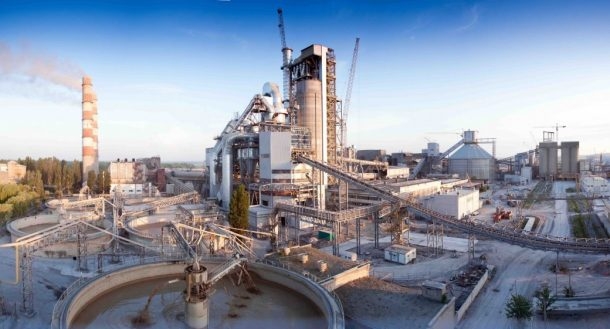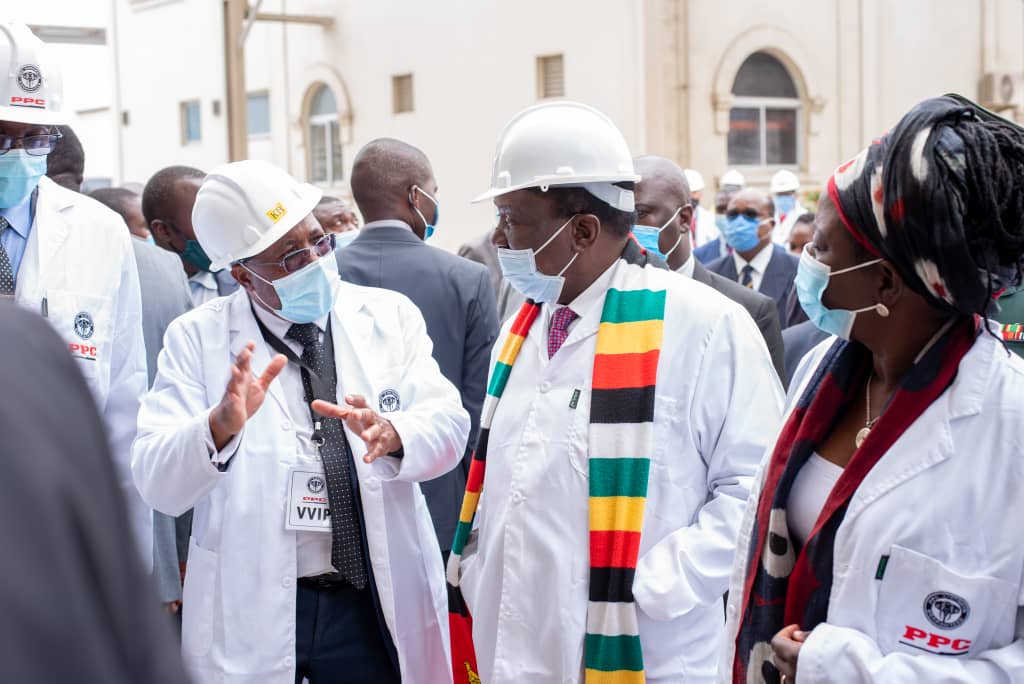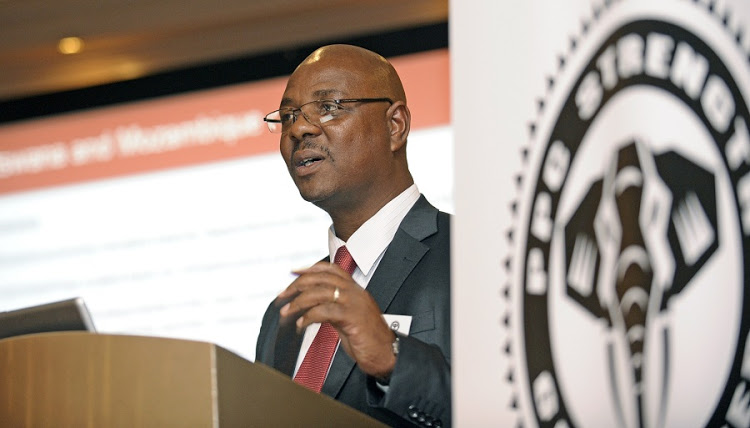

Construction works of Bamburi Cement’s new KES4 billion production line at its Nairobi Grinding Plant are now complete with commissioning expected in the last quarter of the year.
This marks increased cement production for the company with the new line injecting additional production capacity of 900,000 metric tonnes per year to increase total capacity at the Plant to 2.4 million metric tonnes per annum. Overall, the annual combined total capacity of Bamburi Cement’s two plants (Nairobi and Mombasa) will increase to 3.2 million metric tonnes a year.
Additionally, the new development will see Bamburi Cement start production of two high-strength cement brands namely Power Plus and Power Max that were previously only produced at the Company’s Mombasa Plant.
“The contractor is on schedule and will soon be handing the project over to the company for full operation. Further, we are happy that the line has produced the first bag of cement three days ahead of the scheduled time. The next phase is to conduct tests on the system for efficiency and thereafter commission it,” said the company’s CEO Mr. Seddiq Hassani.
This is the first phase of the company’s ambitious capacity expansion program which commenced three years ago with the actual construction starting in the first quarter of 2017.
The key components of the new production line that are already completed include the 140 tonnes per hour Vertical Cement Grinding Mill (VCM) complete with grid recirculation, process dedusting and hot gas generator, two new cement storage silos with a capacity of 1,500 tonnes each, new 120 tonnes per hour cement packing machine, power installation among other auxiliary equipment.
Bamburi Cement capacity increase comes hot on the heels of projected demand in both domestic and regional markets attributed to the investment in the construction sector mainly in the individual home builder segment and in major infrastructural activities. According to the Economic Survey report released in April 2018, the overall expenditure on roads is expected to increase from KES.173.7 billion in 2016/17 to KES.198.4 billion in 2017/18 attributed to increased development expenditure on roads which is expected to grow by 19.2%.
Further, the Company’s capacity expansion program is expected to support the Government’s Affordable Housing agenda to deliver 500,000 housing units by 2022 by ensuring the country’s projected demand for cement is met.
More news
- CELEBRATING EXCELLENCE IN THE RESIDENTIAL PROPERTY SECTOR
- PART 4: GIBS PANEL DISCUSSES INTEMEDIATE CITIES ROLE IN AFRICA’S DEVELOPMENT
- EXPOSED AGGREGATE PAVERS COMPLEMENT NEW LIFESTYLE CENTRE
- GIBS PANEL EXPLORES ROLE OF INTERMEDIATE CITIES IN SA’S DEVELOPMENT PART 3
- CITI-CON’S CONCRETE KNOWLEDGE SUCCESSFULLY DEPLOYED ON NEW LANDMARK DEVELOPMENT




